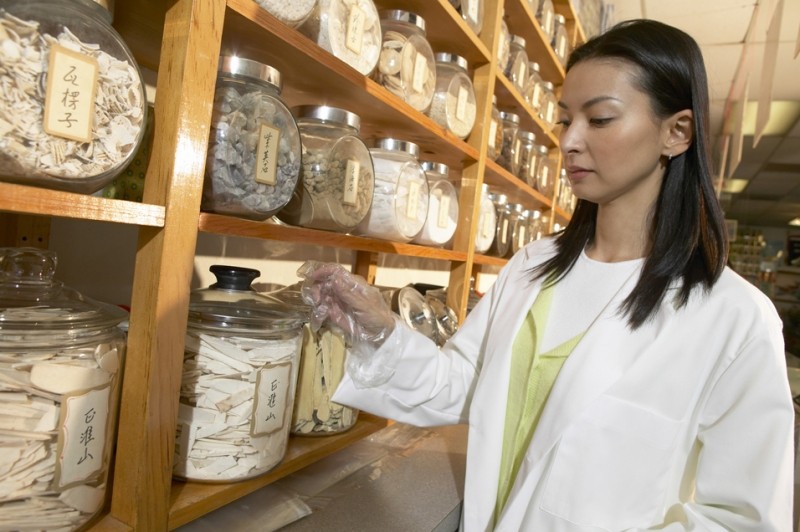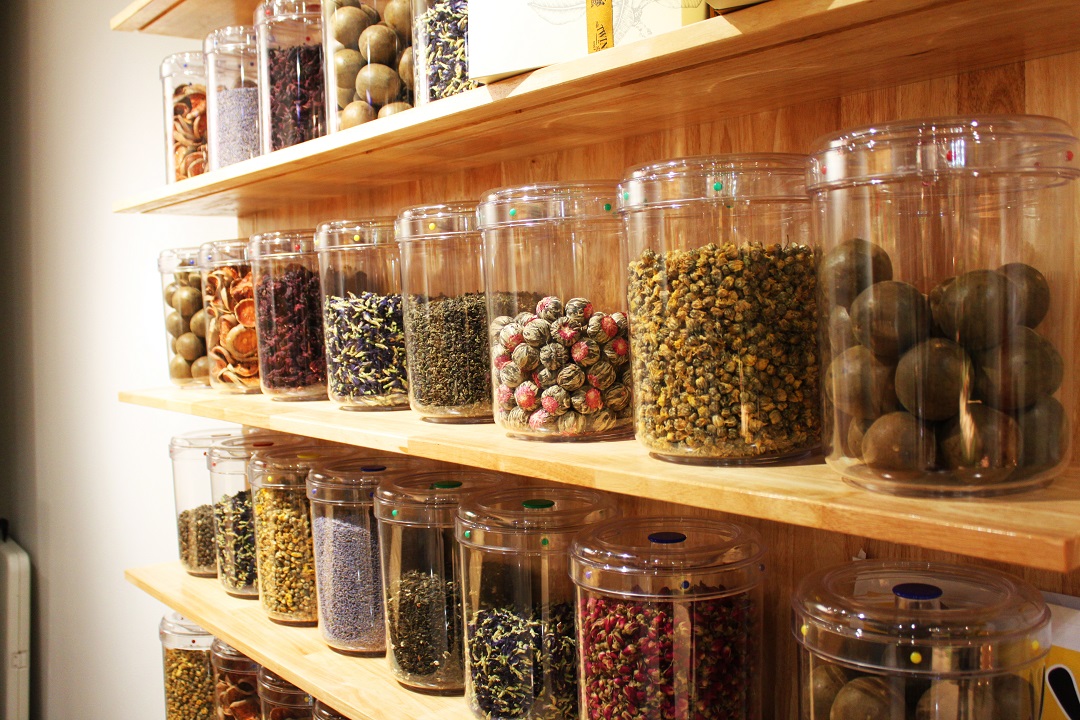
Herbal medicine is the only form of medical treatment that has been used by every culture on earth throughout history. Each culture developed its own unique herbal remedies using available indigenous plant species. Today, we live in a global village and can draw on the traditions of many of these cultures. There is no doubt that this can be of tremendous benefit, but it can be confusing, too. How do you go about choosing a herbalist when you can choose between so many modalities? One way to start is to look at a few of the more common types of herbal medicine that are available in Australia today.
Traditional Chinese Medicine
Traditional Chinese Medicine (TCM) is a complete medical system that includes acupuncture, acupressure, herbal remedies and other forms of treatment. All of them are based on the same ancient Taoist principles of balancing Yin and Yang. These two words are difficult to translate into English, but basically represent the polar opposites that give rise to and maintain life. When these two forces are in balance, the life force (Qi) remains strong and we are in a state of health. When one of them is stronger than the other, the body becomes unhealthy.
Indian Ayurvedic Medicine
Ayurvedic medicine dates back at least 5000 years. The word "ayur" means "life", while "veda" translates into "science." Thus, ayurveda is the "science of life." Like TCM, Ayurvedic medicine is considered an alternative or complementary form of medicine in the West, but for thousands of years was the only form of medicine available in India. Like TCM, Ayurveda is based on balancing the life forces, but instead of the two opposite energies of Yin and Yang, it works with the elemental energies of vata (air), pitta (fire and water) and kapha (water and earth).
Western Herbal Medicine
As is true throughout the world, our Western herbal medical tradition has ancient roots. It can be argued that until the 20th century, all Westerner pharmacology was basically herbal medicine, since researchers focused on finding plant-based treatments for illness. Hippocrates, the "Father of Modern Medicine" wrote the famous lines, "Let your foods be your medicines, and your medicines your food" back in about 400 BC. Western herbalists use only whole plants or plant parts to treat clients as well as teas, capsules, essential oils and extracts.
Choosing a Herbalist
All of these herbal traditions have long and distinguished histories. Which one should you choose? That will depend on a couple of factors:
- Which one resonates with you and your lifestyle? If you practice yoga, you may want to try Ayurvedic medicine. If you like Tai Chi, TCM may appeal to you. If you feel more in tune with our Western traditions, then you may feel drawn to a herbalist from a Western tradition.
- What are you seeking treatment for? While not strictly defined as herbalists, aromatherapists use herbs as part of a general wellness treatment and homeopathic treatments for specific diseases contain active herbal ingredients. One of these therapies may also be of help to you.
Training and Qualifications for Herbalists

While all herbalists work with medicinal plants to restore and maintain health, they follow a specific process that they learnt back in college or university. Some of them took up herbal medicine as a college elective, while others had it as their major. Apart from their varying levels of knowledge, herbalists have different ways of diagnosing and treating ailments.
That goes without saying that you should check the qualifications of a herbalist first before consulting them, to determine whether or not their approach to healing is suitable for you. A qualified TCM practitioner holds a bachelor's degree in health science with a major in Chinese medicine. Additionally, they are registered with the Chinese Medicine Board of Australia.
A TCM practitioner prescribes herbs to balance the qi in the body's meridian systems and, ultimately, improve the functions of different organ systems. They may prescribe raw herbs or granulated or powdered herbs.
If you're looking for an Ayurvedic practitioner, make sure that the person you work with has completed at least a diploma-level qualification or advanced diploma in Ayurveda. You also want someone who's a registered member of the Australasian Association of Ayurveda (AAA), or other professional organisations of professional Ayurvedic doctors, to ensure that their treatment methods conform to industry standards.
Most Ayurvedic practitioners use fresh herbs to balance the flow of energy in a person's body, while taking into account their unique constitution.
Finding a Qualified Herbalist
Besides TCM and Ayurvedic doctors, health practitioners who have qualifications in naturopath, homeopathy, complementary medicine or Western herbal medicine are also qualified herbalists.
As part of a holistic approach to health, many practitioners combine herbal medicine with massage and other treatments. This is great, but it can complicate the process of finding the right herbalist for your needs. You can narrow down your search by using the Natural Therapy Pages to find a qualified herbalist in your area. See what he or she has to offer and if it sounds like it is what you want, arrange for an initial consultation.
It is always better to consult with a trained herbalist rather than self-prescribe herbal remedies. Some of these remedies can interact negatively with other medications and the purity and dosages of the herbs need to be taken into consideration, as well.
|
Do you have a natural health & wellness business? |









